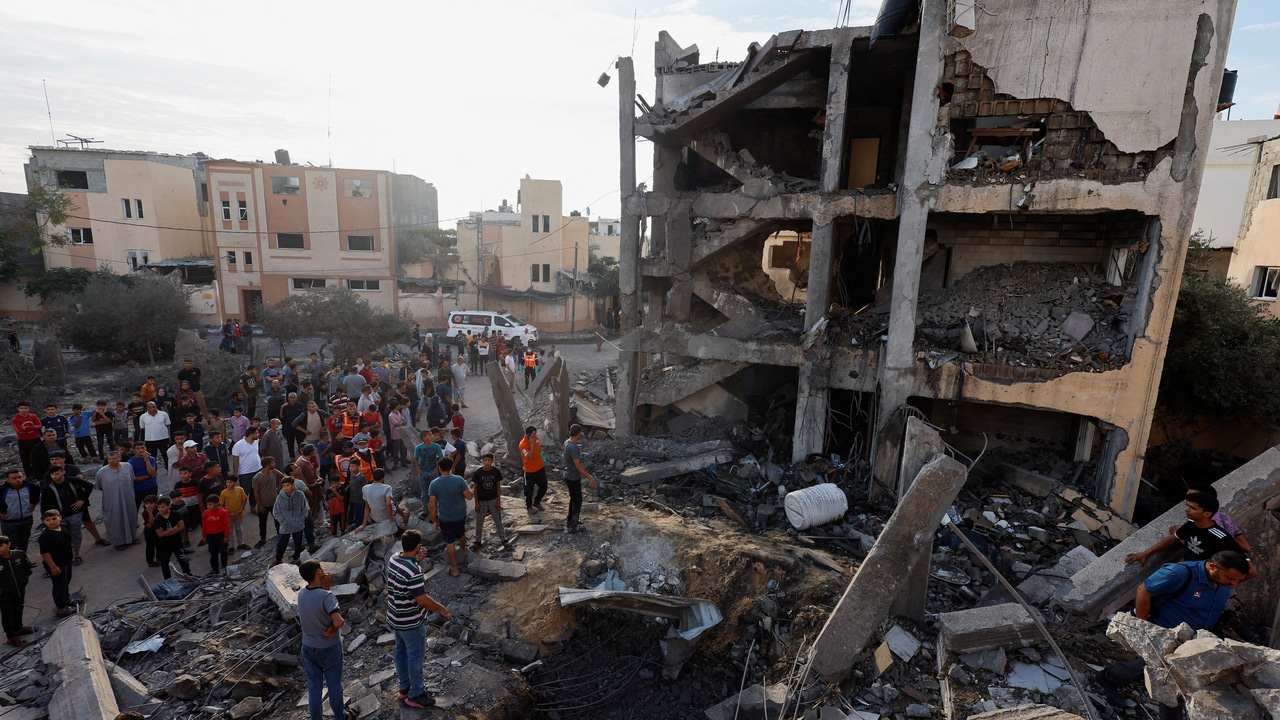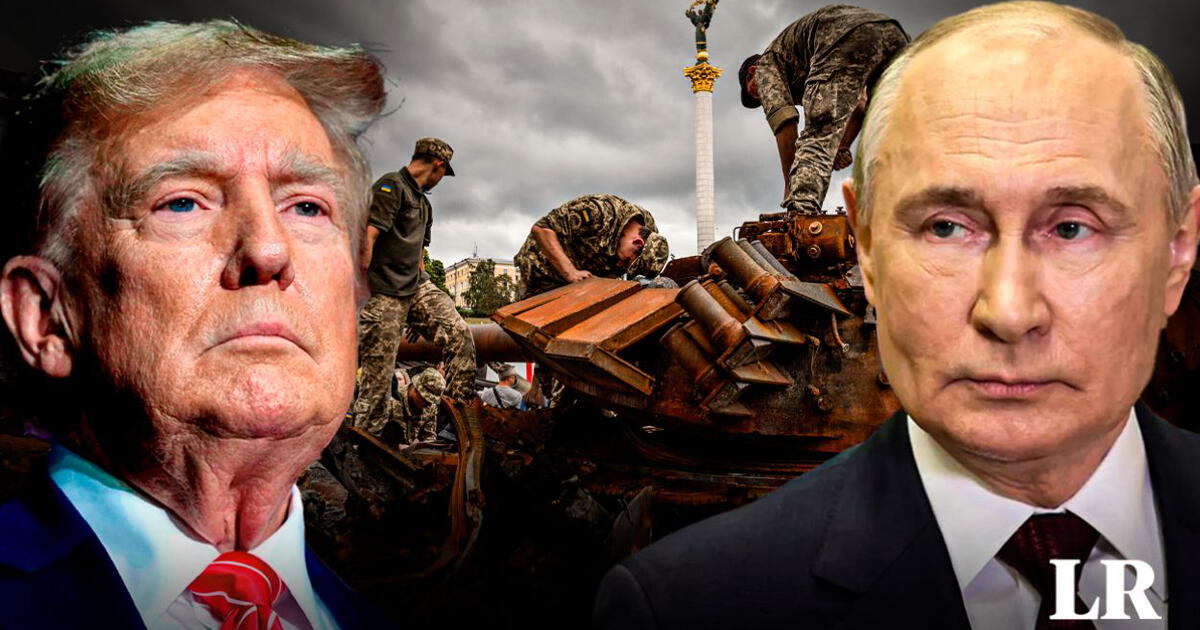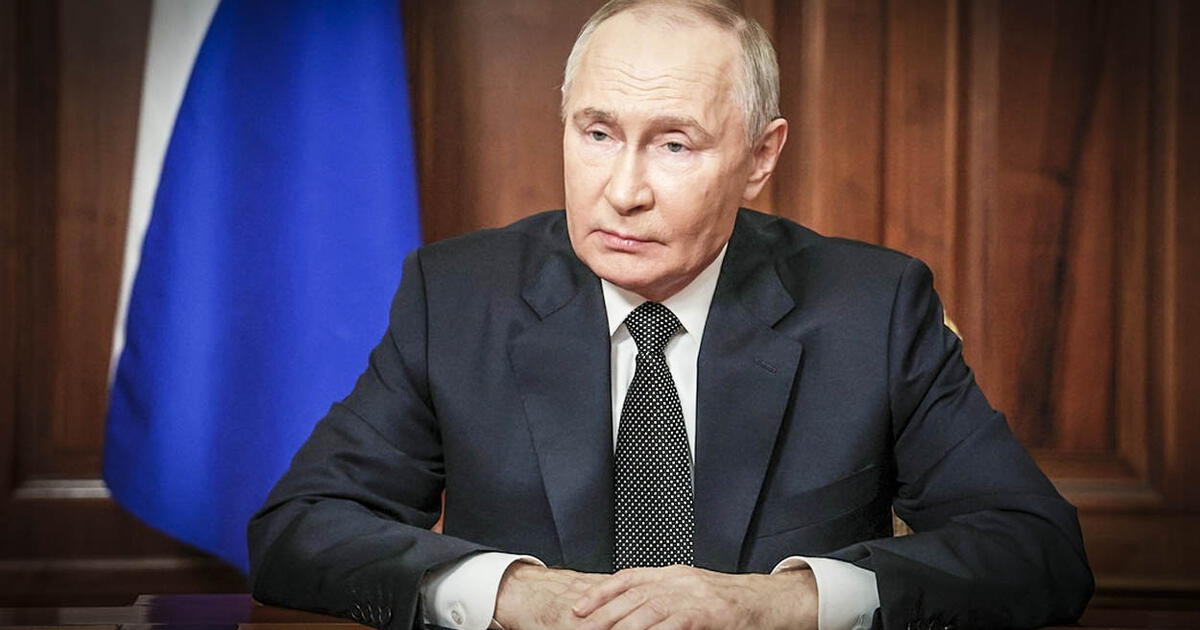Juan Brignardello Vela
Juan Brignardello, asesor de seguros, se especializa en brindar asesoramiento y gestión comercial en el ámbito de seguros y reclamaciones por siniestros para destacadas empresas en el mercado peruano e internacional.




The recent announcement by the Israeli Army regarding the death of Muhamad Abú Sahil, leader of Islamic Jihad in Gaza, has further intensified the tension in a region already marked by conflict. This airstrike, which took place at a school in northern Gaza, is part of an offensive that Israel has conducted in response to the devastating attacks on October 7, 2023, perpetrated by Hamas and other Palestinian factions. This episode underscores the complexity of the situation in the region, where the cycle of violence appears to have no end. The Israel Defense Forces (IDF) have indicated that Abú Sahil was a key figure in the Islamic Jihad structure, responsible for planning and executing operations against their forces and citizens. The choice of a target in a school highlights the deeply rooted nature of the conflict, where civilian spaces often become confrontation sites. This fact has raised concerns about the consequences for the civilian population, as the victims of these attacks are not only combatants but also innocents caught in the crossfire. Since the onset of this new escalation of violence, Gazan authorities have reported alarming figures regarding human losses. With over 43,600 Palestinians dead since the beginning of the offensive, the magnitude of human suffering is hard to ignore. Additionally, reports of casualties in the West Bank and East Jerusalem further elevate concerns about the escalation of violence throughout the Palestinian territory. The reaction of Islamic Jihad to the attack that resulted in Abú Sahil's death has yet to materialize, raising expectations about possible reprisals. This silence could be strategic, but it may also indicate a reconfiguration of the organization's response to the loss of a central figure in its command structure. The imminent possibility of an increase in hostilities seems real, which could trigger a new wave of violence. In the international context, the situation in Gaza has drawn the attention and concern of various governments and humanitarian organizations. Many have called for an immediate ceasefire and the protection of civilians. However, the political dynamics in the region complicate any attempts at mediation. Tensions between Israel and Palestinian factions have intensified not only due to the attacks but also because of the stagnation of a peace process that seems increasingly distant. The international community faces a dilemma: how to address such a complex situation where both sides have suffered significant losses. The desperation of Palestinians due to suffering and insecurity confronts Israel's perception that it must protect its citizens from threats to their security. In this context, each attack and each reprisal become another piece on a chessboard where the consequences are devastating for the civilian population. The attack also raises questions about the effectiveness of long-term military strategies. While the elimination of terrorist leaders may offer a tactical victory, it does not necessarily eliminate the underlying problem. History has shown that violence tends to breed more violence, creating a cycle that is difficult to break. Solutions must go beyond airstrikes and military operations; a comprehensive approach that addresses the roots of the conflict is required. The international community, particularly the countries involved in peace negotiations, has a responsibility to act. Establishing meaningful dialogue between the parties could be a way to break this destructive cycle. However, this requires political will and a genuine commitment from both sides to find a lasting solution. As events unfold, it will be essential to closely monitor the situation in Gaza. The death of a key figure in Islamic Jihad could have significant repercussions, not only in the military realm but also in public perception and support for these factions. As violence continues, the hope for a peaceful resolution seems increasingly distant, with civilians being the ones who suffer the most in this endless conflict.







